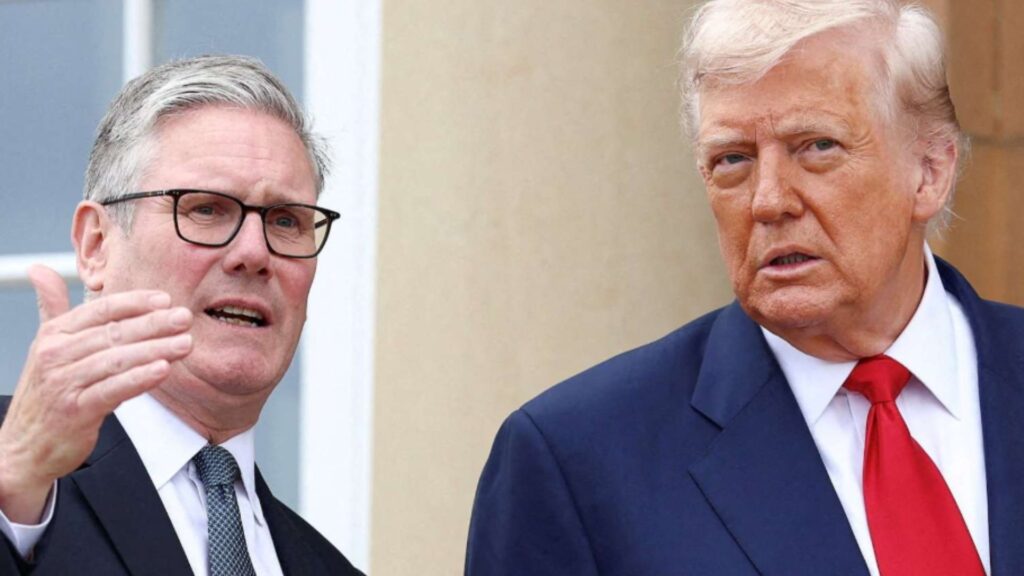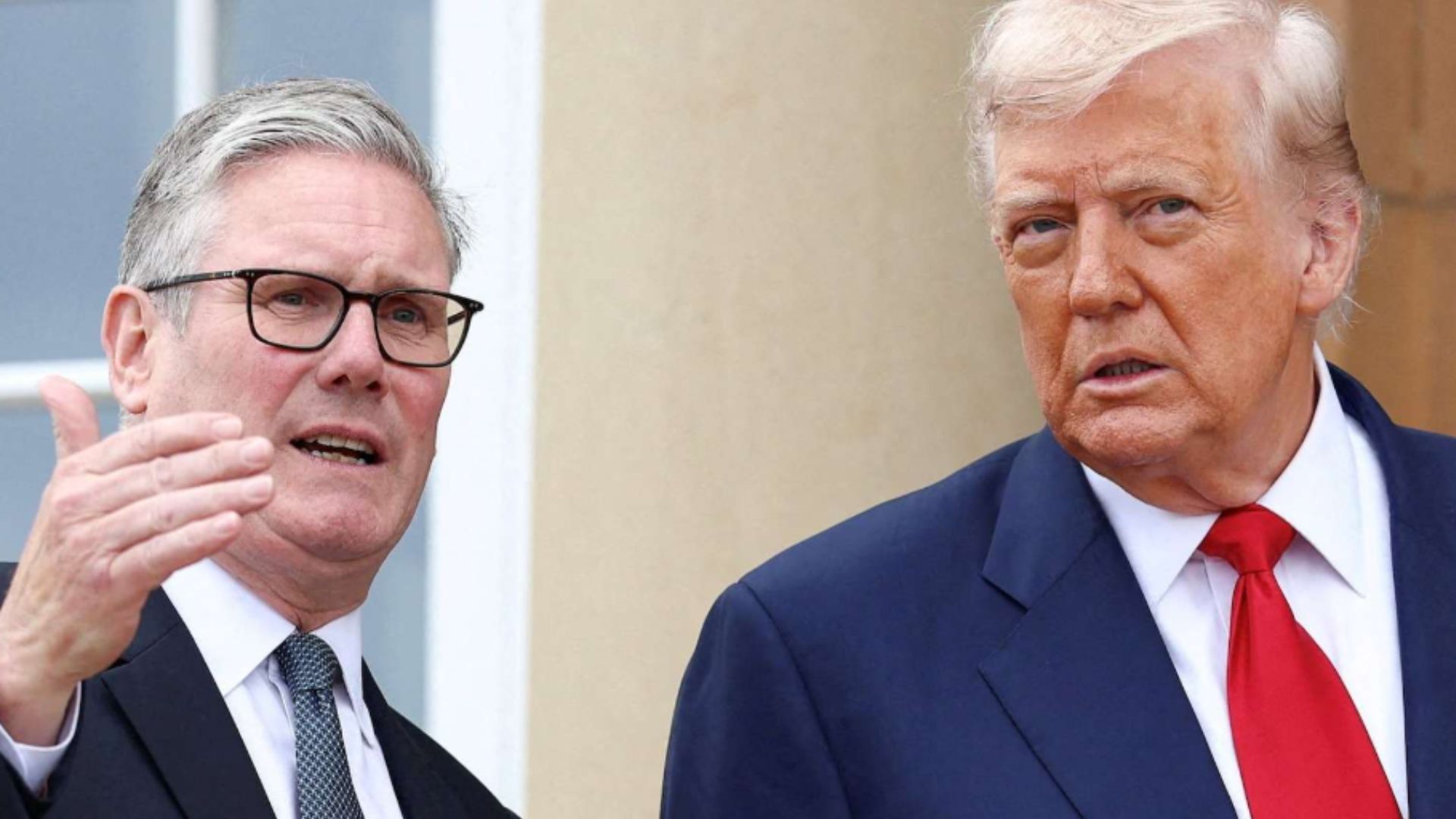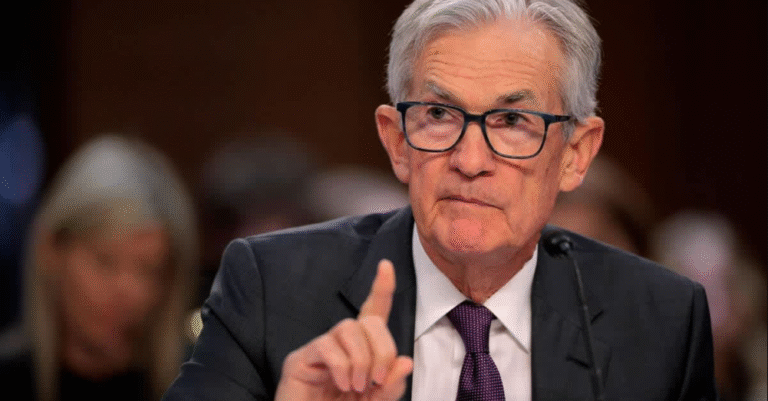
During President Donald Trump’s state visit to the United Kingdom on Wednesday, he and Prime Minister Keir Starmer announced a record-breaking £150 billion ($205 billion) package of investments by U.S. companies in Britain. Unveiled at Windsor Castle, the deal marks the largest commercial investment commitment in British state-visit history and underscores a renewed emphasis on the “special relationship” between the two nations.
Unprecedented Scale of U.S. Commitments
The headline figure of £150 billion comprises major pledges across technology, energy and finance sectors. Leading the package, Blackstone — the world’s largest private equity firm — committed £90 billion over the next decade to develop data centers and critical infrastructure in the U.K. This massive investment is intended to bolster digital connectivity and power growth in regions outside London.
Microsoft announced its largest-ever U.K. commitment, $30 billion over four years, aimed at constructing Britain’s largest AI supercomputer and expanding cloud services. According to Microsoft’s blog post, the investment will support development of AI-driven applications in healthcare, education and public services (Microsoft On the Issues). Google separately committed £5 billion over two years to expand AI infrastructure, including opening a new data center in Waltham Cross, Hertfordshire. Palantir Technologies pledged £1.5 billion focused on defense innovation and AI software tailored for the U.K. Ministry of Defence, while Prologis earmarked £3.9 billion for life-sciences campuses and advanced manufacturing facilities.
According to the U.K. government, these investments are expected to create around 7,600 high-quality jobs across Britain, rejuvenating local economies and driving skills development in STEM disciplines.
Technology Partnership and “Tech Prosperity Deal”
Central to the announcements was the signing of a “Tech Prosperity Deal,” a bilateral framework designed to accelerate joint initiatives in artificial intelligence, quantum computing and civil nuclear energy. Under the agreement, British and American researchers will collaborate on next-generation AI models for medical diagnostics, share access to quantum-computing testbeds and streamline licensing processes for nuclear projects.
The state banquet at Windsor Castle underscored this high-tech focus, with industry luminaries attending alongside the two leaders. Nvidia CEO Jensen Huang, OpenAI’s Sam Altman and Apple CEO Tim Cook were among the guests, signaling private-sector enthusiasm for deeper U.K.–U.S. research partnerships. Starmer hailed the deal as “a generational step change in our relationship with the United States,” promising it would deliver “growth, security and opportunity up and down the country.”
Political Context and Pressures
Both Trump and Starmer face domestic political imperatives that elevated the stakes of the investment announcements. Prime Minister Starmer, elected in July on a platform to rejuvenate Britain’s sluggish economy, has encountered scrutiny over cabinet appointments, including the dismissal of former U.K. trade envoy Peter Mandelson for ties to Jeffrey Epstein. By showcasing a blockbuster U.S. investment influx, Starmer aimed to demonstrate his government’s capacity to attract international capital and deliver jobs, shoring up his economic credentials ahead of critical votes in Parliament.
For President Trump, the visit offered a platform to tout his administration’s prowess in negotiating favorable deals for American businesses, projecting a message of U.S. economic strength. The investment package complements his broader agenda to reinforce alliances through commerce rather than purely through defense or diplomatic channels.
Balancing Economics and Geopolitics
While economics dominated the public agenda, geopolitical issues permeated behind-the-scenes discussions. On Thursday, the leaders are scheduled to meet at Chequers, the U.K. prime minister’s country residence, to discuss foreign-policy matters including NATO funding and ongoing support for Ukraine. During Wednesday’s state banquet, King Charles III subtly urged Trump to maintain strong backing for Ukraine, invoking the historic U.K.–U.S. partnership and warning of “current threats to European stability.”
The substantial investment commitments allow both leaders to foreground economic cooperation over contentious topics such as trade disputes and regulatory divergence. Notably, the U.K. emphasized its willingness to adopt a more flexible regulatory approach to emerging technologies — particularly in AI — than the European Union, positioning Britain as an attractive destination for high-risk, high-reward innovation.
Outlook and Implementation Challenges
Although the £150 billion figure represents headline-grabbing ambition, turning pledges into real projects will require navigating regulatory approvals, securing local planning consents and ensuring community buy-in. Infrastructure investments such as data centers often face public concerns over environmental impacts and land use; similarly, nuclear-energy collaborations will depend on resolving cost and safety debates that have long stalled British projects.
Senior officials from both governments emphasized that implementation roadmaps would be published in the coming weeks, detailing milestones, oversight mechanisms and job-creation targets. The successful execution of these investments over the next decade will test the depth of the U.K.–U.S. economic partnership and set a template for state-visit-driven commercial diplomacy in an era of geopolitical realignment.
By delivering the largest U.S. investment package ever announced during a British state visit, Trump and Starmer have underscored the centrality of economic statecraft to modern diplomacy, seeking to translate grand promises into tangible benefits for businesses, workers and communities on both sides of the Atlantic (Reuters).












